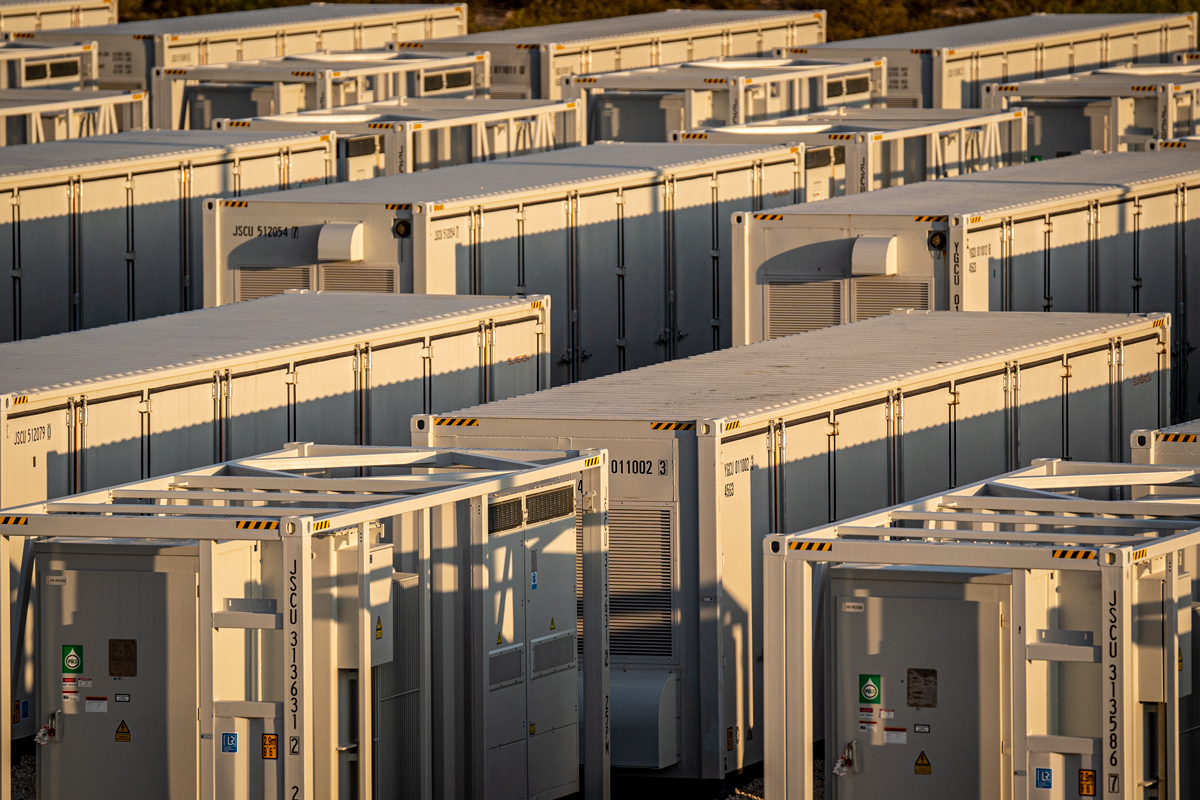City of Houston Scoring Wins in Green Initiatives
Published Mar 29, 2022 by Brina Morales
Houston is making progress in its efforts to building a more sustainable city. Next month will mark two years since the City of Houston released its Climate Action Plan (CAP), a strategy to reduce greenhouse gas emissions, become carbon neutral by 2050, and lead the global energy transition.
The City recently released a two-year update on the strategy, in addition to a new digital interface that tracks progress on the initiative. The digital tracker, developed by Rice University’s Institute for Urban Research, shows Houston has met three out of 12 targets under the Climate Action Plan:
- Target 5: Attract or incubate 50 Energy 2.0 companies in Greater Houston by 2025. According to the tracker, 30 Energy 2.0 companies either relocated or launched here in 2021. So far this year, at least two additional companies have announced headquarter relocations to Houston.
- Target 8: Double the number of Property Assessed Clean Energy (PACE) projects by 2025. The PACE program incentivizes owners of commercial, industrial and multi-family residential properties to finance energy efficiency, renewable energy and water conservation projects. According to the tracker, eight PACE projects were supported in 2021, reaching the target.
- Target 12: Adopt a long-range solid waste plan in 2020 that improves recycling and waste reduction.
Houston has made progress on several other goals, including increasing tree planting and converting non-emergency, light-duty municipal vehicles to electric. In February, the City announced it spent more than $899,000 to purchase 97 battery-powered electric vehicles to replace its aging fleet, which adds to the 40 existing EVs. The goal is to replace all vehicles with electric by 2030.
“We still have a long way to go to reach our Climate Action Plan target of all non-emergency, light-duty vehicles, but we are determined to continue leading by example,” Mayor Sylvester Turner said in a press release.
The new vehicles are not expected to arrive until 2023 due to global supply chain issues, according to the release.
“Over an 8-year life, each EV is expected to save the City approximately $16,000 in total cost of operation and reduce tailpipe and upstream greenhouse gas emissions by 25 tons compared to a conventional, gasoline powered vehicle,” said Gary Glasscock, director of fleet management.
The Metropolitan Transit Authority of Harris County (METRO) recently awarded a $22 million contract to Nova Bus, a Canadian-based company, to produce 20 electric buses. The buses are expected to be on Houston roads by the end of 2022, according to a release. One of METRO’s goals is to procure only zero-emission buses by 2030.
Efforts by the City of Houston and METRO complement other initiatives in the greater Houston area, including the Partnership’s Houston Energy Transition Initiative, a strategic regional blueprint for leading the global energy transition to a low-carbon world.
 The Houston Report
The Houston Report




















